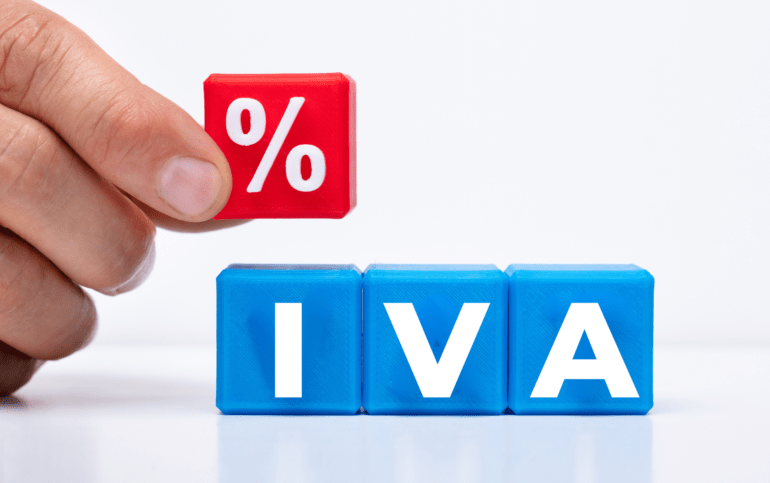How does VAT work when buying property in Spain?
If you’re considering buying a property in Spain, it’s important to understand how VAT works in this process. VAT, or Value Added Tax, is an indirect tax that applies to most commercial transactions in Spain, including the purchase of property. In this article, we’ll explain how VAT works when buying a property in Spain and what tax implications you should keep in mind.
If you prefer to buy a property in Marbella, don’t miss this article: Find the perfect real estate agent in Marbella to buy your house in Malaga
First of all, it’s important to note that the VAT applied to the purchase of property in Spain depends on the type of property being acquired. In general, there are two types of properties in Spain: new properties and second-hand properties. In the case of new properties, the VAT applied is 10%, while in the case of second-hand properties, VAT does not apply, and instead the Property Transfer Tax (ITP) is applied, which ranges from 6% to 10%, depending on the autonomous community where the property is located. Currently, it is 7% in Andalusia.
You can read our article: Malaga: Cities with the greatest potential for real estate investment
In the case of new properties, the 10% VAT is applied to the total price of the property, including the value of the land and construction. It’s important to note that this tax is only applied once, that is, at the time of the first transmission of the property, and it’s not applied in subsequent transmissions of the same property.
In addition to VAT, when buying a property in Spain, other expenses and taxes must be taken into account, such as notary, registry, and management fees, which range from 1% to 2% of the property value, and mortgage expenses, if you choose to finance the purchase of the property through a mortgage loan. These expenses may vary depending on the value of the property and the autonomous community where it’s located.
If you’re a citizen of a non-European country, don’t miss this article: Foreign investment in Spain: how does the Golden Visa programme work?
It’s important to note that buying a property in Spain entails a series of tax obligations, such as the presentation of the income tax return, in which the income obtained from the sale of the property must be declared, as well as obtaining the energy certificate, which is mandatory for the sale or rental of any property in Spain.
 English
English Spanish
Spanish 




